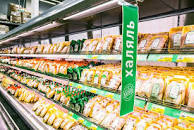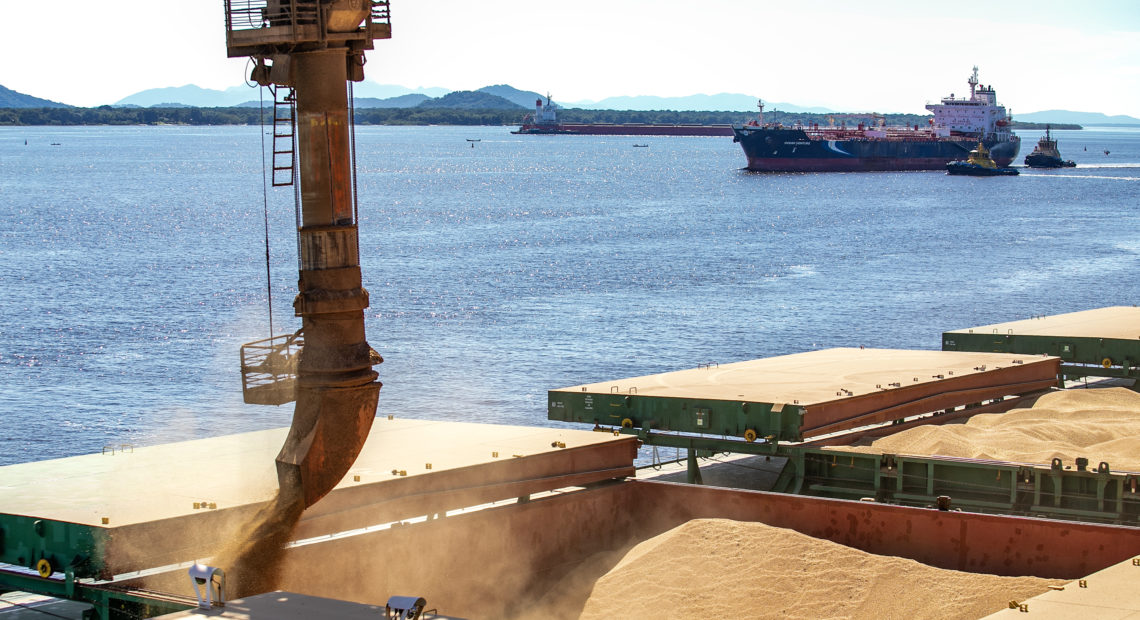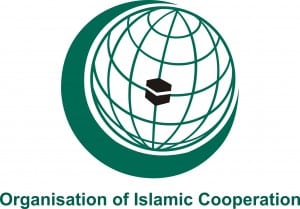 BISHKEK (TCA) — Kyrgyzstan is preparing to launch a pilot project of voluntary certification and labeling of products and services for compliance with halal standards.
BISHKEK (TCA) — Kyrgyzstan is preparing to launch a pilot project of voluntary certification and labeling of products and services for compliance with halal standards.“Kyrgyzstan has a high potential to increase exports of ecologically clean and quality halal products to the countries of the Eurasian Economic Union, the EU and Arab countries. The halal industry could make a significant contribution to the development of Kyrgyzstan’s economy,” then Kyrgyz Economy Minister Artem Novikov said last month at a roundtable to discuss the voluntary certification of goods and services for compliance with halal standards.
Deputy Mufti of Kyrgyzstan Zamir Ajymkul, business people and religious figures took part in the discussions.
Not all the products labeled as halal comply with Islamic standards in Kyrgyzstan, and consumers often complain about that, said Almaz Kaiyrbekov, head of the halal industry production department at the Economy Ministry.
According to international certification, halal products should not contain ingredients that contain animal blood, pork, alcohol, meat of carnivores, and animals slaughtered without meeting the requirements of the Sharia.
The product certification will be double-checked, Kaiyrbekov said. The Economy Ministry will check for compliance with quality standards, and the Spiritual Administration of Muslims of Kyrgyzstan (SAMK) will control compliance with Sharia rules.
Kyrgyzstan wants to enter the $1.1 trillion market of halal products, Novikov said. For instance, Russia ranks sixth in the consumption of such products, Kazakhstan purchases a lot of halal products, and Tajikistan decided to refuse from the import of meat products not meeting the halal standards.
“Kyrgyzstan cannot stand aside, it is necessary to enter these markets and promote our products. A project for the delivery of 500 tons of lamb according to halal standards was signed with Iran, and 56 tons have already been exported. In total, 12 enterprises have the appropriate certificates in Kyrgyzstan,” the Minister said.
All necessary documents have been adopted and Kyrgyzstan is ready to launch a pilot project of voluntary certification and labeling of products and services for compliance with halal standards.
“The system of marking will make it possible to find out what products are made of, and what path they have made to buyers,” Novikov said.
“In the future, consumers and exporters can choose either the product marked as halal or the one that has marks indicating the producer and raw products from which the final product was manufactured. It is the issue of relations between buyers and sellers,” Economy Minister concluded.
The Center for Standardization and Metrology at the Economy Ministry will deal with the halal certification. Currently, the Ministry and the SAMK implement this work on a pilot basis.
“Halal certification and labeling is voluntary for entrepreneurs, and entails no barriers to the sale of goods to the EEU countries,” Novikov said.
It is expected that by 2020, the world’s halal food market will grow to $1.585 trillion and amount to 16.9% of global food expenditures.
Russia
Russia ranks sixth among the top countries for halal food products in the amount of $35 billion.
Kyrgyzstan’s halal producers recently took part in the Russia-Halal Expo held in Kazan, Tatarstan. The exhibition was attended by halal manufacturers from the UAE, Turkey, Sri Lanka, Belarus, Kyrgyzstan, as well as Russian regions.
Products and services included meat and sausage products, confectionery, tea, honey, and baby food. Russian companies are ready to compete with manufacturers of halal products from Tajikistan, Kyrgyzstan, Uzbekistan, and Kazakhstan. There was an increase in the supply of halal delicacies to Belarus, despite the fact that the cost of such meat products was higher than of usual products.
According to the exhibition organizers, quality was the main criterion to attract consumers. Scientists have proven that the Muslim way of slaughtering cattle makes meat the most useful for the human body.
Kazakhstan
The population of Kazakhstan was 17.8 million people in 2016, of which 70.2% considered themselves Muslims. Kazakhstan’s consumers spent about $22 billion for food and drink, and $12.4 billion of that amount was spent by Muslims.
The Spiritual Administration of Muslims of Kazakhstan (SAMK) is engaged in approving the standards of halal products.
The state national standards for labeling halal have not been adopted in Kazakhstan as yet, the Committee for Technical Regulation and Metrology of the Ministry of Investment and Development of Kazakhstan said.
Under the SAMK, there is an organization engaged in examining halal goods. Several standards for products and processes have already been approved. The halal standards are being developed on the basis of Malaysia’s experience.
To more accurately determine the composition of products, DNA analysis in laboratories will be performed. The laboratories will be accredited and conduct tests and researches.
At the international halal food exhibition in Dubai, the Kazakh Invest company presented products of Kazakhstan manufacturers.
Kazakhstan’s companies have significant potential in the market of the Middle East, said Consul General of Kazakhstan in Dubai Madiyar Menilbekov. Halal meat products from Kazakhstan are now sold in UAE supermarkets. The UAE market is very attractive for Kazakhstani manufacturers, as high-quality products are highly valued there, and they are ready to pay a high price.
According to official data, from January to November 2017, Kazakhstan’s trade with the UAE amounted to $590.3 million, a threefold increase compared to the same period of 2016.



